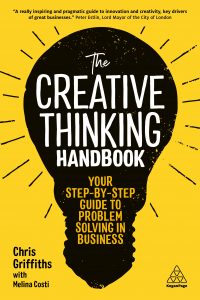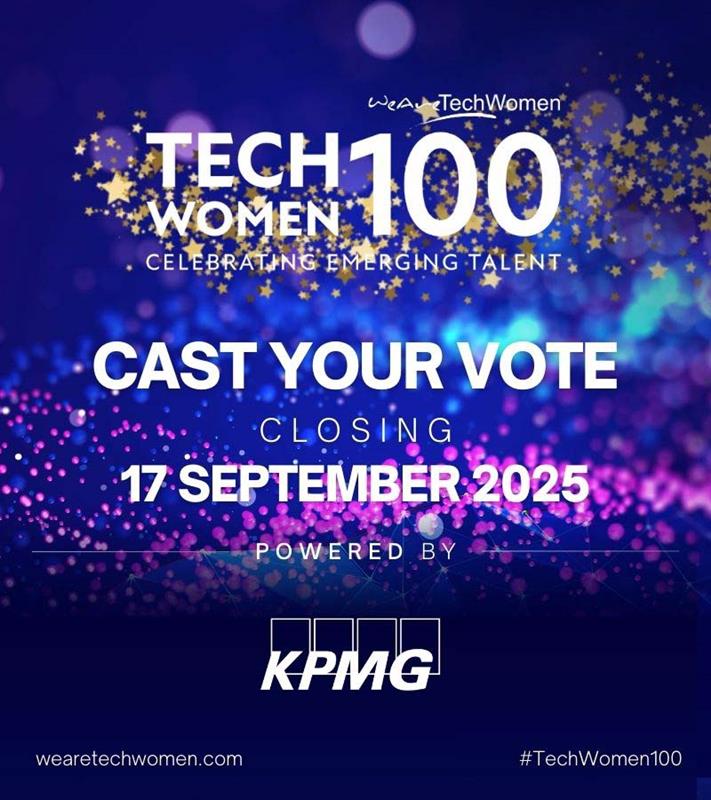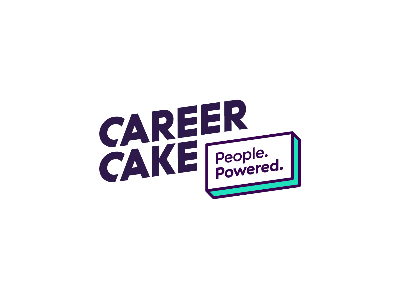The real challenge companies face today isn’t negating the so-called “bad qualities” of the younger generation, but instead understanding how they can actually get the best out of them in work.
That leads us to the question, what do millennials actually want? The generation gap is a topic that has dominated the conversation around workplace dynamics over the last decade. Millennials are, of course, notable for the stereotype that comes attached to their generation – that of the narcissistic young person, a product of the technological, social media enhanced world they grew up in. But divide between generations is nothing new. The tensions that arise from the age-old refusal of children to respect their elders has been around since ancient Greece; even Socrates was quoted bemoaning the problem with “children these days”.
According to a survey conducted by BrightHR, millennials expect fun to be a core part of their working experience. This is naturally at odds with our traditional idea of work – even common sense suggests that work is where you, well, work. But there is a lot to be said for introducing fun into the workplace. Practical Play is all about making the fun stuff productive. Though they may seem like mutually exclusive areas, the evidence for the productive benefits of playing are actually all around us. Just take a look at kids. I think we can all agree that children are pretty dedicated when it comes to having fun; devoting time to play is a key component of childhood. It’s not coincidental, either, that children get less creative as they grow older. In actual fact, it is the freedom of mind and thought that comes with playing that allows children to be so unlimited in their creativity. You only need to look at the kinds of things kids do whilst playing to see that it is naturally correlated with output – painting pictures, building lego, making sandcastles – when children are playing, more often than not, they’re also creating.
Of course, all of this isn’t to suggest that managing millennials requires an office sandpit. It’s actually about reframing the way we think of fun and its role in the working world. This is especially important as more and more millennials file into professional careers; keeping them happy is a key part of both managing them well and making the most of their talents. A study from the staffing firm Robert Half International showed that red tape is a big blocker when it comes to company innovation. 24% of the chief financial officer’s interviewed named excessive bureaucracy as the kiss of death for creativity. For businesses looking to push past this and engage in Practical Play with their millennial employees, an adjustment in environment is essential. Google may be famed for their colourful playground-esque offices, but encouraging play doesn’t have to involve ping-pong tables and hammocks (though of course, they don’t hurt). Really, it is all about considering what works best within the context of your company. As adults, we are trained to be serious in an office environment and many people find it hard to truly let go and have fun – even when you ask them to.
To make fun an integral part of millennials’ careers you really need to look at introducing Practical Play into the work process. A psychological study at the University of Western Ontario found a link between upbeat work environments and more flexible thinking. Humour is a really great way to foster this upbeat atmosphere – why not start every idea-based meeting by watching a funny video or asking everyone to share an amusing anecdote. You’ll be surprised how fast a good cat video can loosen people up and make them feel more at ease. Plus, it’s no secret that millennials are YouTube lovers. Those who are more senior in your company may avoid introducing fun into their office because they are afraid they’ll lose the respect of their colleagues and as such won’t be taken as seriously. But this fear has been proven wrong time after time – from Richard Branson to Anita Roddick– some of the worlds most successful business people have made Practical Play an essential part of their work.
Not every part of the work process can be about silliness and office entertainment, but one thing is for sure, it shouldn’t be missing altogether. Giving millennials the opportunity to be creative through Practical Play doesn’t just benefit the company, it adds value to teams and the way they feel about their role in the business. Nobody likes to think that they are in a hamster wheel job where tasks are mindless and their input is ignored. Improving employee happiness by giving value to ideas will make individuals more driven, determined and willing to go that extra mile. From their impeccable electronic literacy to their drive to be passionate in work, millennials have a lot of qualities that make them good employees. Don’t miss out on the chance to incorporate Practical Play as a means of not only managing millennials, but making the most of their creativity and ideas.
The Creative Thinking Handbook by Chris Griffiths and Melina Costi is out now, published by Kogan Page, priced £14.99.








